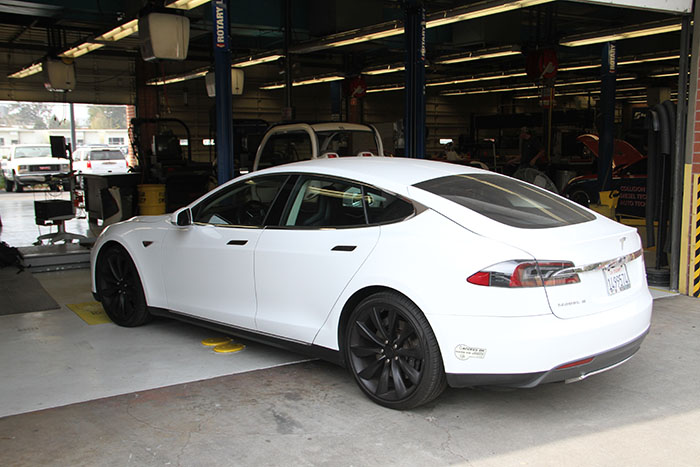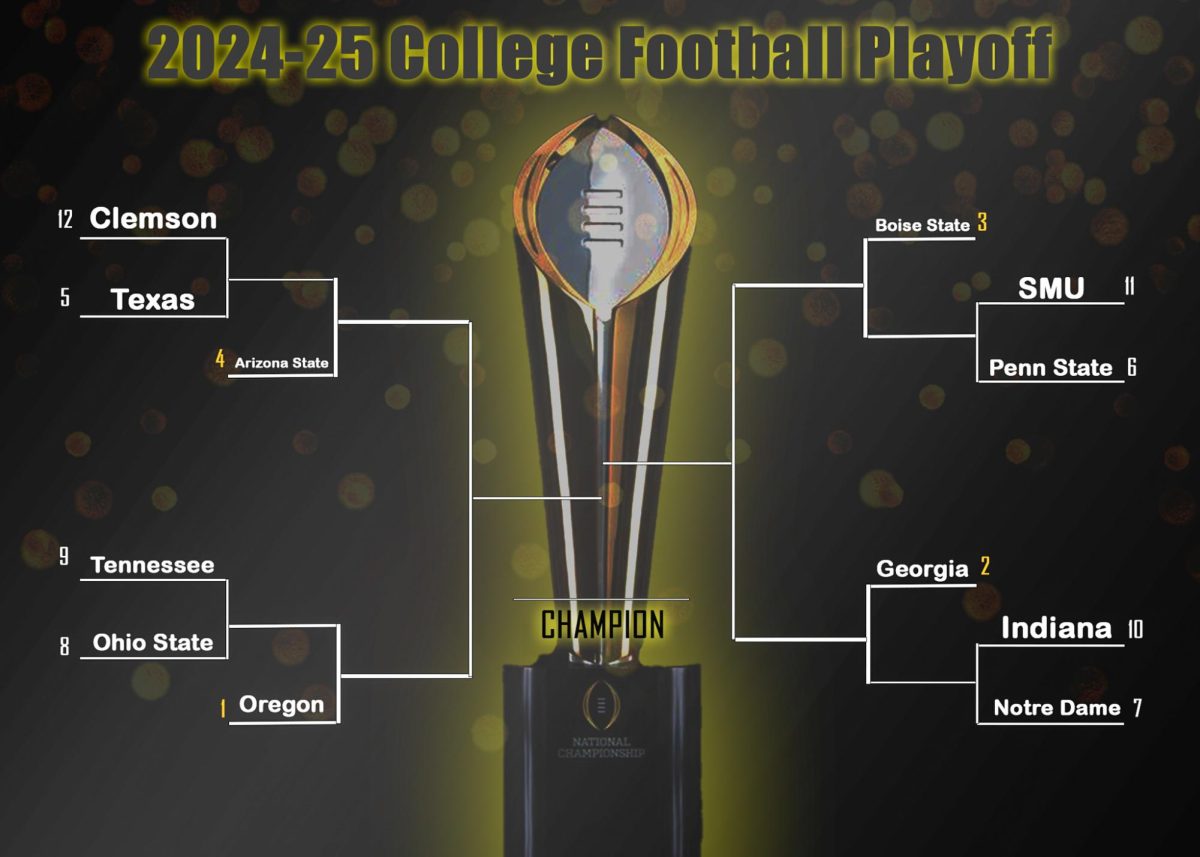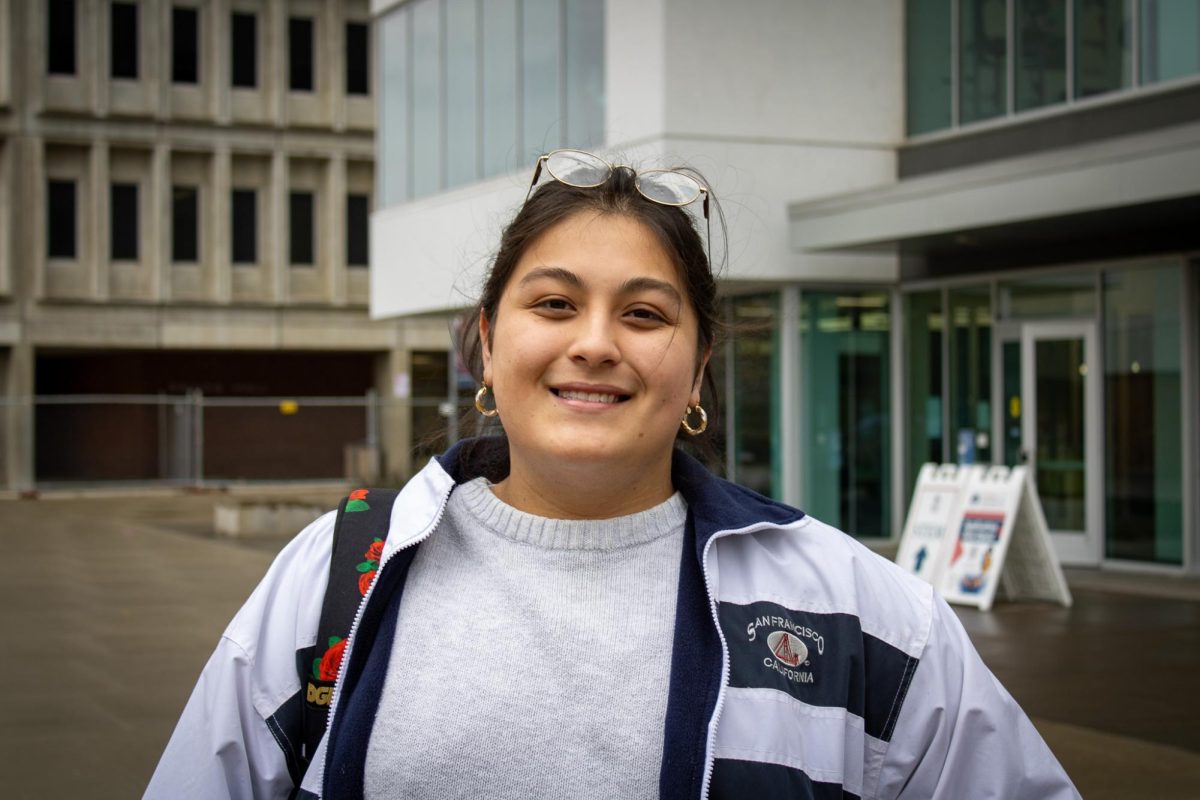Last week I got to go for a drive in the all-electric Tesla Model S 60 luxury sedan that is owned and operated by the ARC Automotive Department and it was awesome.
When I saw a white Model S with “American River College Automotive Department” written on the side leaving the parking lot I was shocked that our campus would have the funds to purchase a car from a company that makes some of the most modern electric cars on the planet.
The cheapest Model S, which is what ARC has, goes for around $68,000 with some versions costing well over $150,000.
But while it may initially seem shocking that our school would spend that much on a luxury sedan, there is an educational benefit for students learning how to work on all-electric and hybrid cars.
The Automotive Department’s Lead Laboratory Tech Jarrod Lemelin was kind enough to show me how fast their Model S could accelerate and decelerate down Hemlock Street and Madison Avenue, which honestly scared the living daylights out of me because it hardly makes a sound when it throws you back in your seat or flings you forward.
“Everything on this is controlled through this station here,” Lemelin said as he pointed to a large touchscreen in the center of the dashboard that replaces the majority of the cars buttons.
“So I mean basically we can turn on light, open doors, everything is done through here, we can change the traction control, the steering effort, regenerative braking. It has so many different types of modes and stuff on it, it’s pretty impressive.”
According to Automotive Department Chair Ben French, The Model S was purchased with a regional collaborative grant where ARC was able to receive funding for hybrid car training with other colleges like Cosumnes River College and College of the Redwoods in Eureka.
“In the last eight years American River College has become a leader in alternative fuels technology and we saw a lot of our partner schools really were struggling to teach this type of tech so we brought all those other schools in, through the grant we purchased for them a second generation [Toyota] Prius, high-voltage tools, scan tools, gloves, we brought one of our instructors in, they gave training to all the other schools, and that got the other schools to the point where they could teach hybrid technology at their school now,” French said.
French added that they then used the leftover money from the grant to put ARC’s program at the next level to teach pure electric, hydrogen fuel cell vehicles and to purchase the Model S and a Toyota Mirai hydrogen fuel cell vehicle.
“It’s very similar to a lot of other electric vehicles we have, it’s just Tesla makes electric vehicles cool. It’s very exciting for the students,” French said.
If ARC can continue to be a leader in teaching alternative fuels technology to students in the Automotive Department with the purchase of the Model S, the benefit to the students will far outweigh the hefty price tag.














